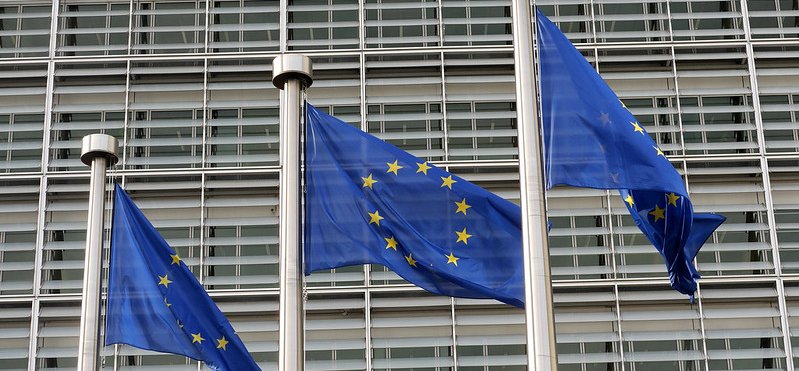Greek Prime Minister Kyriakos Mitsotakis has signalled that Greece may consider banning social media use for children under 16.
He raised the issue during a UN event in New York, hosted by Australia, titled ‘Protecting Children in the Digital Age’, held as part of the 80th UN General Assembly.
Mitsotakis emphasised that any restrictions would be coordinated with international partners, warning that the world is carrying out the largest uncontrolled experiment on children’s minds through unchecked social media exposure.
He cautioned that the long-term effects are uncertain but unlikely to be positive.
The prime minister pointed to new national initiatives, such as the ban on mobile phone use in schools, which he said has transformed the educational experience.
He also highlighted the recent launch of parco.gov.gr, which provides age verification and parental control tools to support families in protecting children online.
Mitsotakis stressed that difficulties enforcing such measures cannot serve as an excuse for inaction, urging global cooperation to address the growing risks children face in the digital age.
Would you like to learn more about AI, tech and digital diplomacy? If so, ask our Diplo chatbot!









